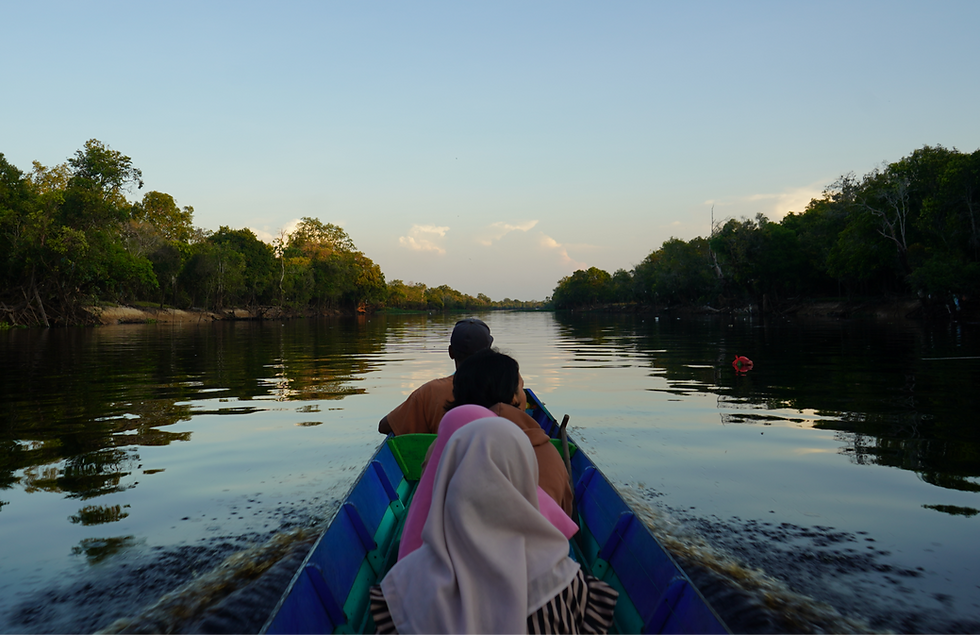Strengthening Gender Equality to Fight Climate Change at the Kasigau Corridor REDD+ Project
- May 10, 2024
- 4 min read
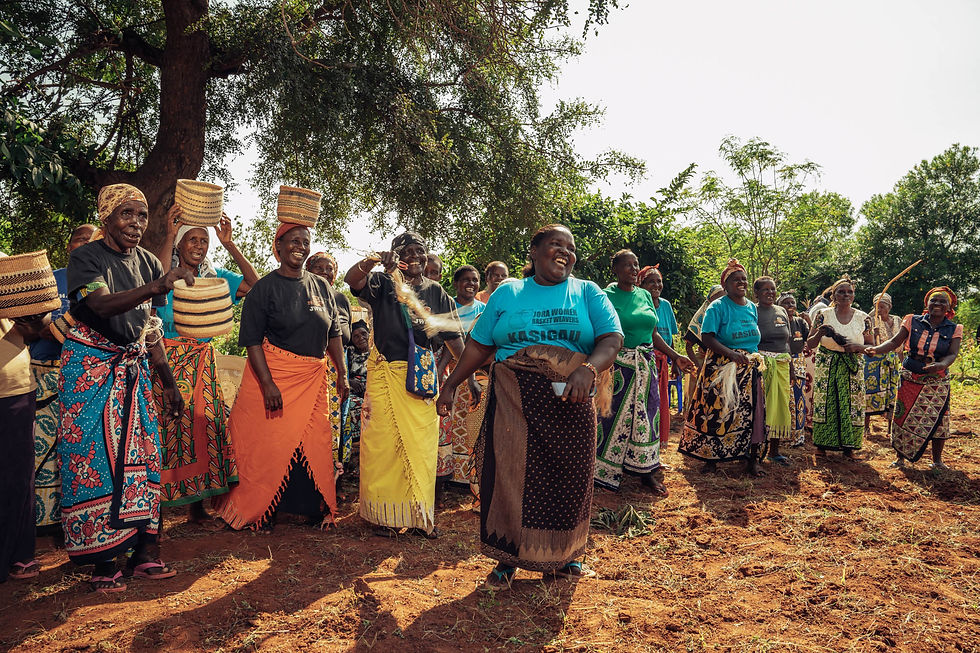
Climate change disproportionately affects women and girls. A study by the United Nations estimates that 80% of people displaced by climate change are women. Particularly in the Global South, women’s roles as primary caregivers and providers of food, water, and fuel make them more vulnerable to the environmental stresses brought about by climate change. But because women lead in these roles, they also hold the keys to a more sustainable future.
From revolutionizing girls’ access to education to improving women’s financial independence, Wildlife Works’ Kasigau Corridor REDD+ project demonstrates how partnering with women to overcome economic and social issues helps fight climate change.
Sustainable Agriculture
Rural women make up a large percent of the world’s smallholder farmers, yet they often lack the land rights, capital, training, and tools that men have access to. By reducing global inequities in agriculture and increasing female farmers’ efficiency, it is estimated that we could prevent 2 billion tons of CO2 emissions in 30 years. In the Kasigau Corridor project in Kenya, we have worked with economically marginalized women to co-create opportunities for them to be able to respond to climate change through conservation agriculture.
Read more about Wildlife Works' sustainable agriculture initiatives for women:
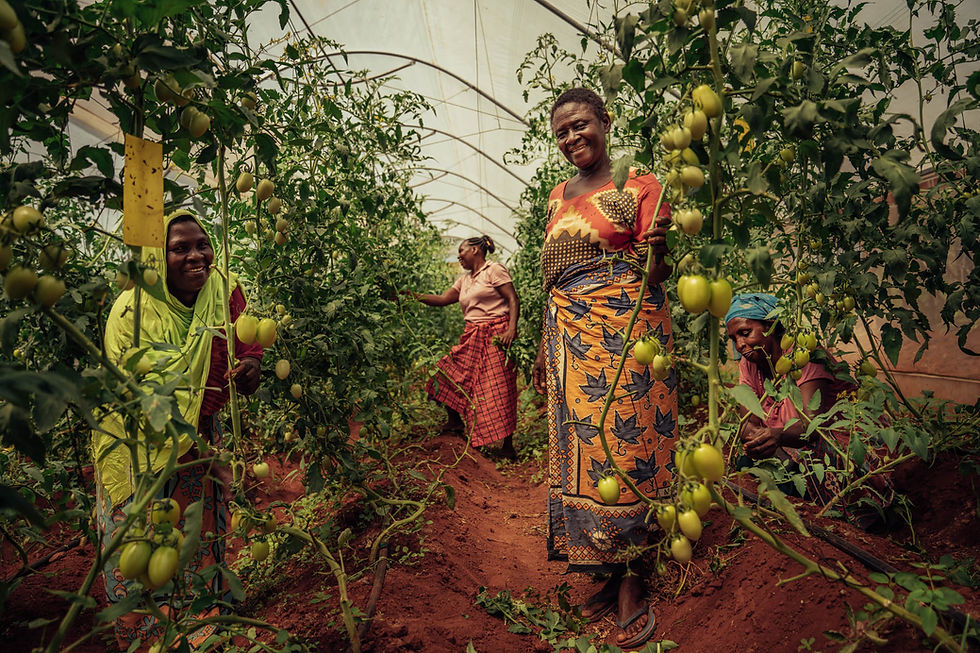
Education
Today, about 129 million girls in the world are denied the right to attend school. In Kenya, girls’ quest for education is continually crippled by barriers such as child marriage, gender-based violence and discrimination.
In an economically marginalized community where the majority have depended on subsistence farming, it is unsurprising that many have not historically been able to afford school fees. Often, when money is short, families will prioritize sending their boys to school.
The Wildlife Works Kasigau Corridor REDD+ project, in collaboration with community partners, has developed a bursary program which is greatly increasing girls’ access to education. Since the establishment of the program, more than $1.3M (USD) has been driven to educational bursaries for thousands of students, with 51% of the bursaries received by girls.
Read more here:
However, financial burdens are not the only challenge girls must overcome in accessing education. Because menstruation is still a topic of stigma, shame and taboo, and girls in the community have traditionally lacked access to menstrual health management tools, many girls are at risk of missing out on school every month. We have been working with our community partners to break the taboo around menstruation, through sexual health and improving girls’ access to menstrual products. From teaching girls how to make reusable sanitary pads from locally available materials, to teaching boys the importance of respecting women and girls, these programs have helped break the stigma of menstruation and keep girls in school.
Read more about these programs at the Kasigau Corridor REDD+ project here:
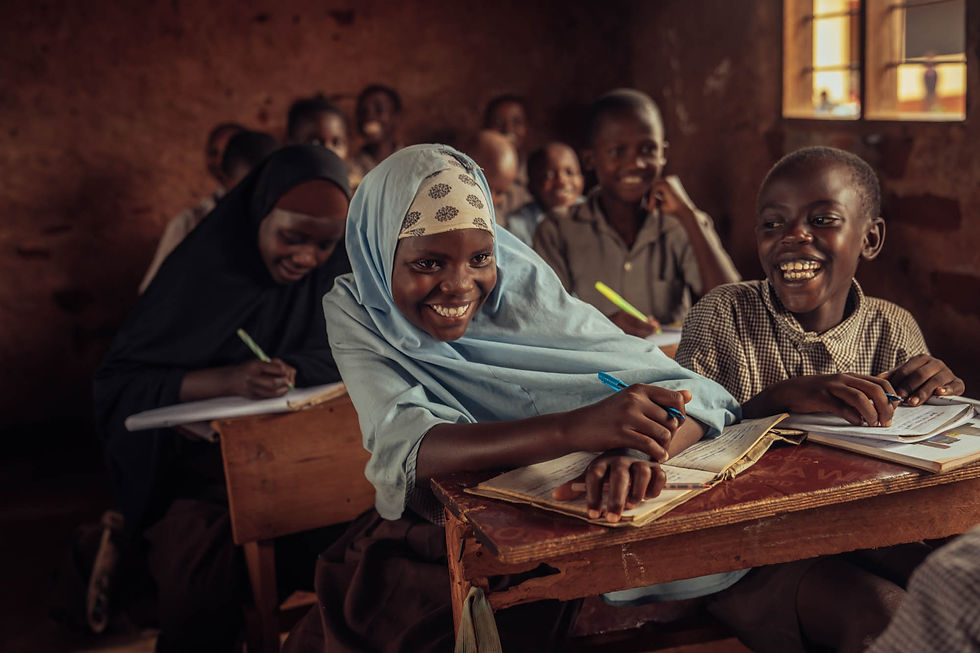
Direct Employment at the Kasigau Corridor REDD+ Project
As in many parts of the world, the patriarchal nature of rural Kenyan societies results in women’s role being limited to childbearing, caretaking, agricultural and domestic duties. Hence, career opportunities are more likely to favor men. Opening the door for employment opportunities that were not previously available is another way to amplify the impact for generations to come.
Wildlife Works is the second largest employer in the county of Taita Taveta. We have 400 locally hired employees, 1/3 of whom are women. Our salaried employees have robust benefits including healthcare, childcare, professional training to name a few.
Meet some of our female employees:
In 2011, Wildlife Works opened its first door to female rangers who have overcome stereotypes to be wildlife and environment protectors. Constance Mwandaa, for example, was one of the first female rangers to join the team and has risen among the ranks to be the Head of Ranger training, thanks to a partnership program by Lead Ranger.
The Wildlife Works REDD+ conservation strategy is based on job creation. Among many of the employment opportunities at our REDD+ project is the eco-factory, where most of the workers are women. A total of 45 women are employed at the factory, providing long term economic independence as they don’t have to rely on unsustainable means to survive.
Meet some of the women who work at the factory here:
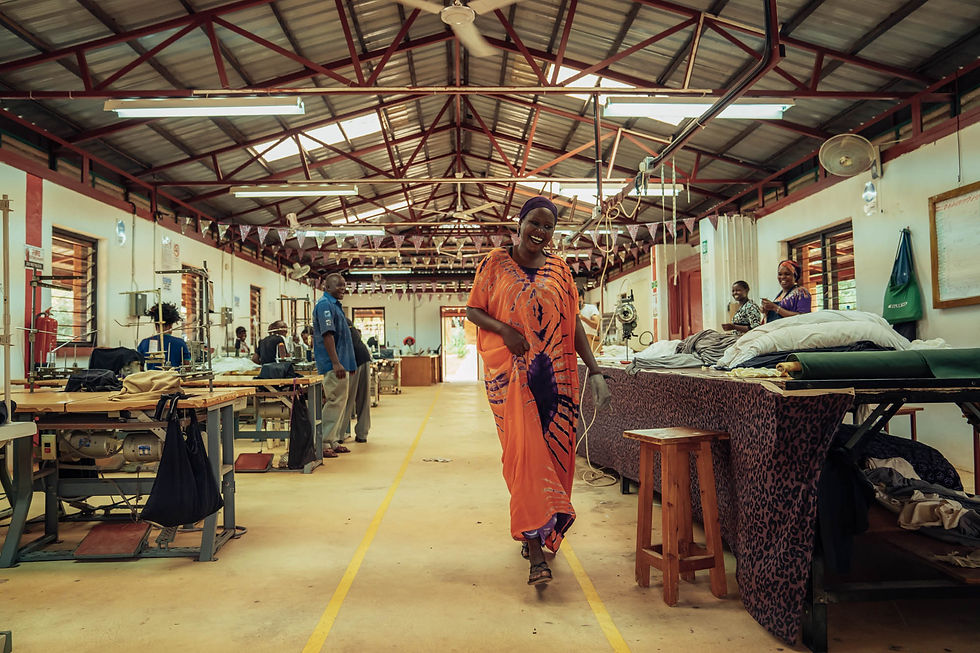
Increasing Income Streams and Economic Opportunities
Wildlife Works has also been working with the Community Based Organization Hadithi Crafts to bring women’s traditional crafts to the global market. This additional income stream helps to decrease the pressure on the local environment and wildlife. As a result, to date, 64 women’s groups, representing over 1800 women across the Kasigau Corridor project area have increased access to economic alternatives for sustainable livelihoods. Since the founding of Hadithi 10 years ago, 100 million Kenyan shillings have gone straight into the hands of these artisans.
For most of the women, they have become the sole providers of their families when their husbands do not have employment. In some instances, basic needs such as food and school fees are taken care of by the women which were originally men’s responsibilities.
Meet Violet Simba, who with income from beading, can now pay for higher levels of education for her youngest child.

The Future of Climate Action is Female
For too long, women have been excluded from participating fully in our economies and from holding leadership positions. Including them brings in new ideas, strengthens financial security for families, and reduces pressure on protected areas. Studies are increasingly showing that female leaders are more effective in creating stricter climate policies and businesses with less emissions.
Gender equality and the climate crisis are interconnected problems that require interconnected solutions.

